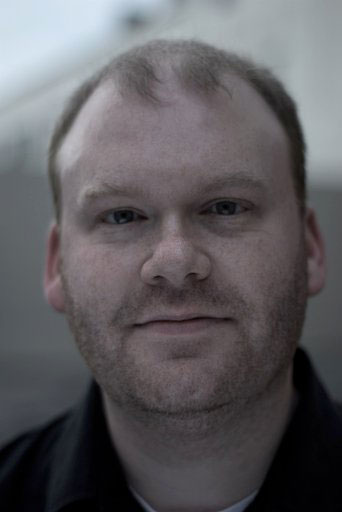|
|
Tuesday, August 19, 2014 
01:30 PM - 04:45 PM
| Level: | Technical - Introductory
|
In this hands-on workshop, you will learn how (and why) to use semantics in combination with other NoSQL technologies in a single database. - Semantics: load RDF triples into a database and query them with SPARQL
- Documents: load XML documents - which can be anything from complex data structures (such as trade store data) to rich text-based documents (such as scientific journal articles) and search them
- Data: load regular structured data and query with SQL
- Combinations: this is where the real power comes in ! Query across all 3 kinds of information; learn how that works and why it's powerful
You will install a local copy of MarkLogic, the Enterprise NoSQL database, or use an AMI; load some information; then build up some rich, powerful queries. You will also learn how to use those queries in your own development stack to create rich, powerful applications. This session is for you if you've ever wanted to: - build a search application that uses billions of facts (triples) as context, for a smarter search result
- build a semantics application that uses source documents and metadata as context, to give users all the information they are looking for
- address the provenance and reification of triples in a simple, natural way
- ... even do bitemporal SPARQL queries!
* Attendees who bring a laptop (PC or Mac) will be able to load and install MarkLogic, or work with an AMI, and work through the exercises themselves. Those without a laptop can follow along or “pair-up”.
Stephen Buxton is the Product Manager for Search and Semantics at MarkLogic, where he has been a member of the Products team since 2005. Stephen focuses on bringing a rich semantic search experience to users of the MarkLogic NoSQL database, document store, and triple store. Before joining MarkLogic, Stephen was Director of Product Management for Text and XML at Oracle Corporation.
Clay Redding is a Principal Consultant at MarkLogic, where he specializes in architectingdynamic applications using a hybrid of document- and RDF graph-centric data in MarkLogic Server. With a background in Library and Information Science, he formerly served as a Digital Project Librarian at both The Library of Congress and Princeton University, where he used native XML databases, RDF triple stores, and document-centric NoSQL systems to deliver digital library applications.
|
|
|



